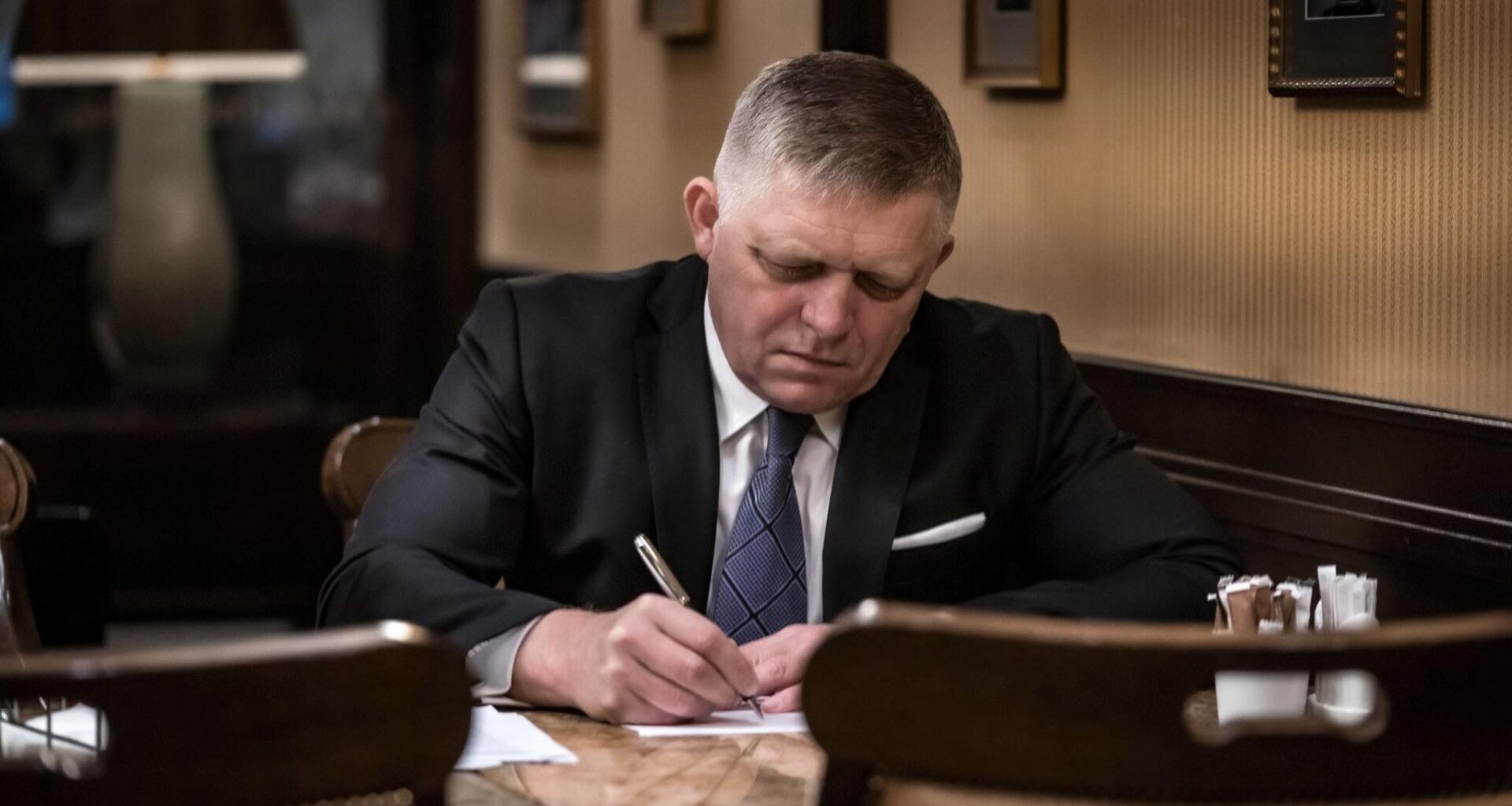The European Union approved its 18th package of sanctions against Russia on Friday, July 18th, marking yet another step in its efforts to pressure Moscow over the ongoing war in Ukraine.
But behind the headlines of ‘unity’ lies a deeper tension—one centred on the concerns of two Central European nations heavily reliant on Russian energy: Slovakia and Hungary.
Slovakia had blocked the sanctions package for days, demanding solid guarantees to protect its energy security.
Left-wing nationalist prime minister Robert Fico warned that pushing through a broader EU plan to phase out Russian gas by 2028 would expose Slovakia to legal and financial risks from Russian energy giant Gazprom, not to mention higher prices and potential energy shortages.
As the phase-out is subject to a qualified majority, Bratislava resorted to blocking the 18th sanctions package, which requires unanimity, to extract concessions from Brussels.
The European Commission eventually gave in to Slovakia’s demands, providing written assurances.
These include legal protection in case of contract disputes with Russia, technical and financial support to diversify energy sources, EU funds to compensate for high gas prices, and the possibility of declaring a crisis situation in the event of extreme prices and shortages, which could lead to the suspension of the current Russian gas ban.
Only after receiving these guarantees did Slovakia agree to drop its veto, clearing the way for the sanctions to be passed unanimously.
On Thursday evening, Fico said, “It would be counterproductive to continue blocking the 18th sanctions package; all options have been exhausted for now,” but Slovakia would enter a new phase in the fight with the European Commission on this issue.
He called the plan to cut off imports of Russian gas into the EU “idiotic.”
Neighbouring Hungary, long sceptical of sanctions, did not oppose the latest package, either.
According to a statement by Foreign Minister Péter Szijjártó earlier this week, Hungary had forced the EU to remove sections of the sanctions package “that could have violated Hungarian national interests, whether economically, commercially, or especially in terms of energy supply or security.”
Prime Minister Viktor Orbán’s conservative government has consistently criticised EU sanctions as self-defeating, arguing that they hurt European economies more than Russia’s.
Like Slovakia, Hungary is highly dependent on Russian gas, which remains cheaper than Western alternatives.
Péter Szijjártó previously criticised the EU’s plans to phase out Russian fossil fuels, saying that “under EU treaties, energy policy remains a national competence; no institution has the right to dictate what energy source we use, in what quantity, from whom, or when.”
For now, Slovakia and Hungary have acquiesced, enabling the EU to approve new sanctions.
The 18th package includes a lower price cap on Russian oil exported to third countries around the world, fresh sanctions on 22 Russian banks, and bans on products refined from Russian oil in third countries. It also limits dealings related to the Nord Stream pipelines.
EU foreign policy chief Kaja Kallas hailed the sanctions as the “strongest” ones against Russia “to date.”
France’s foreign minister Jean-Noël Barrot said that “together with the United States we will force [Russian president] Vladimir Putin into a ceasefire”—something that France, EU institutions, and other Western nations weren’t so keen on achieving until Donald Trump’s return to the White House and his insistence on ending the war.
